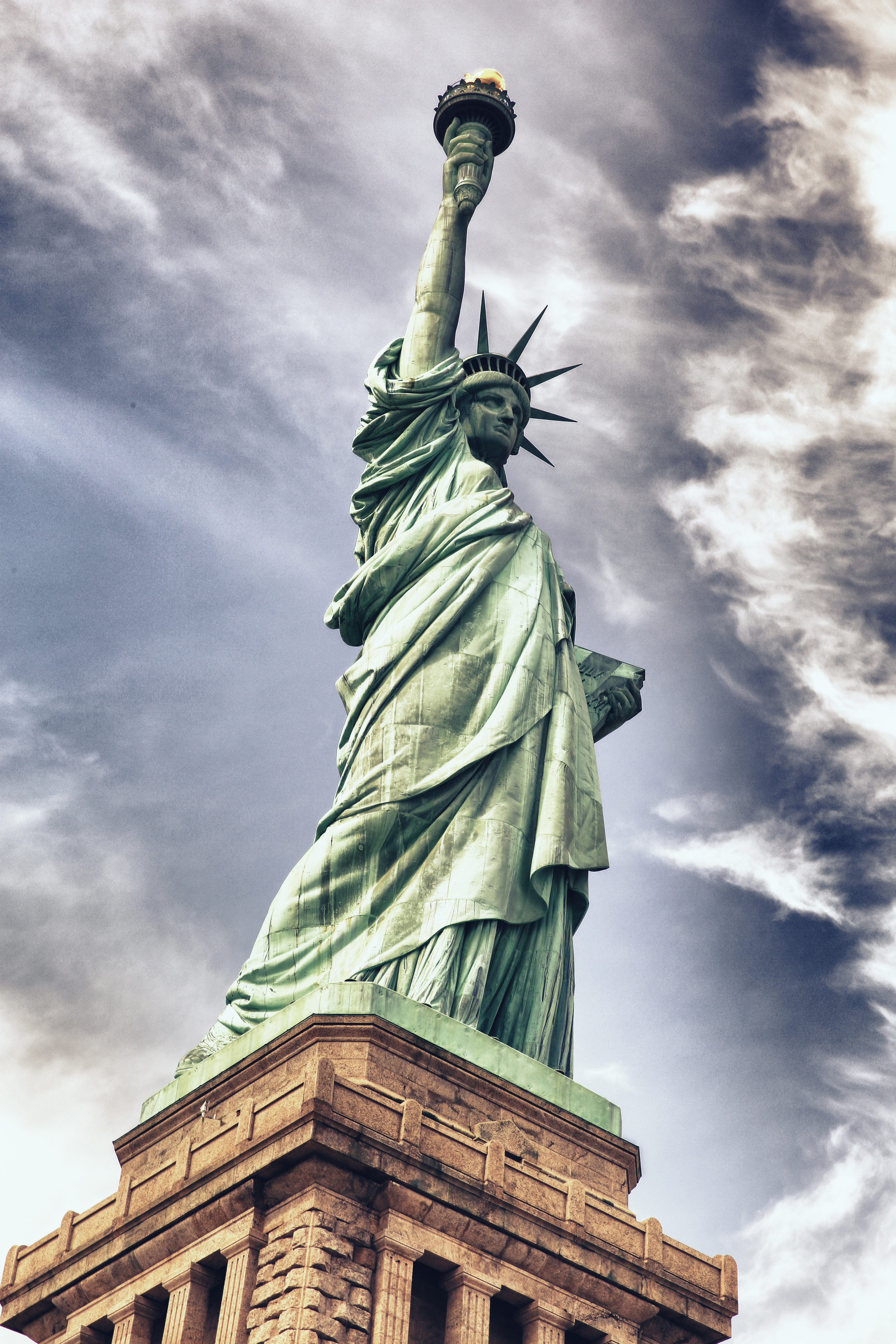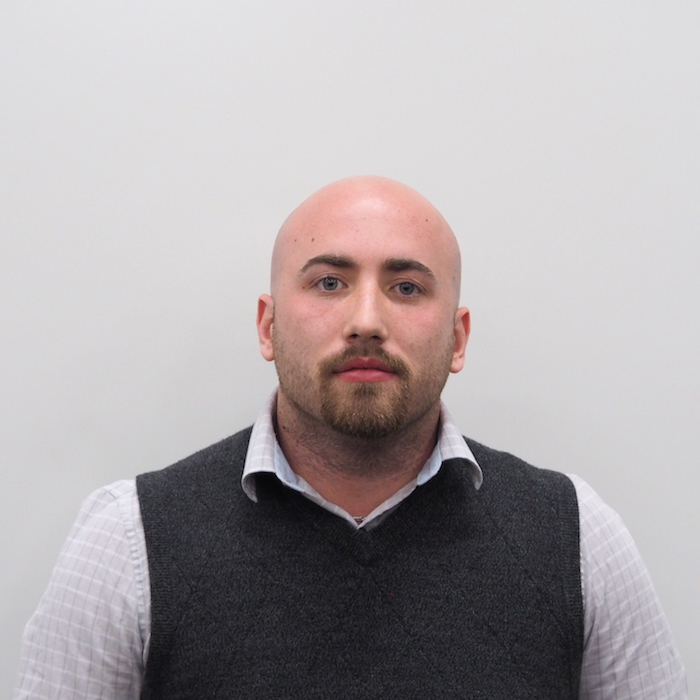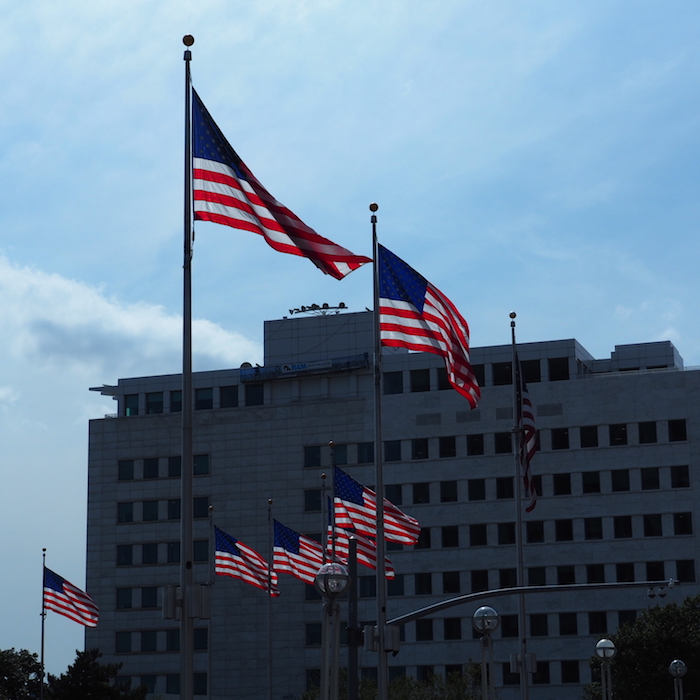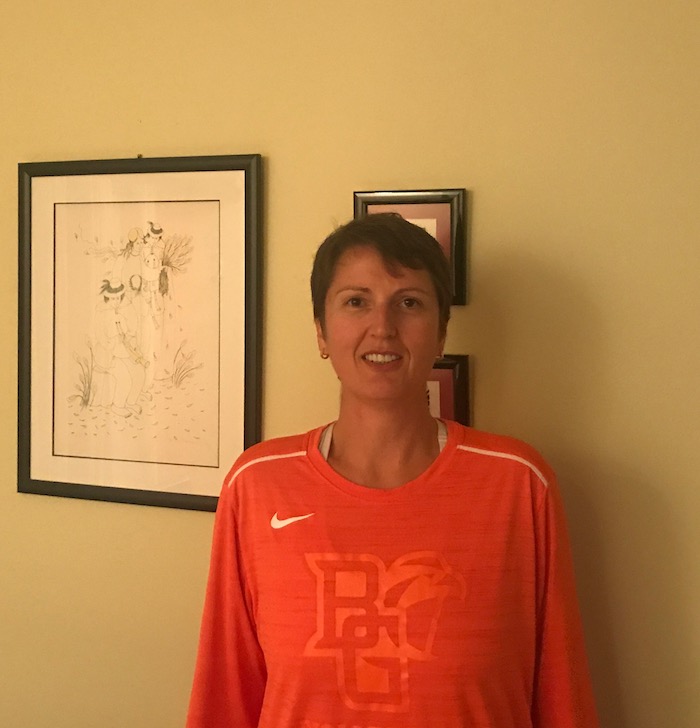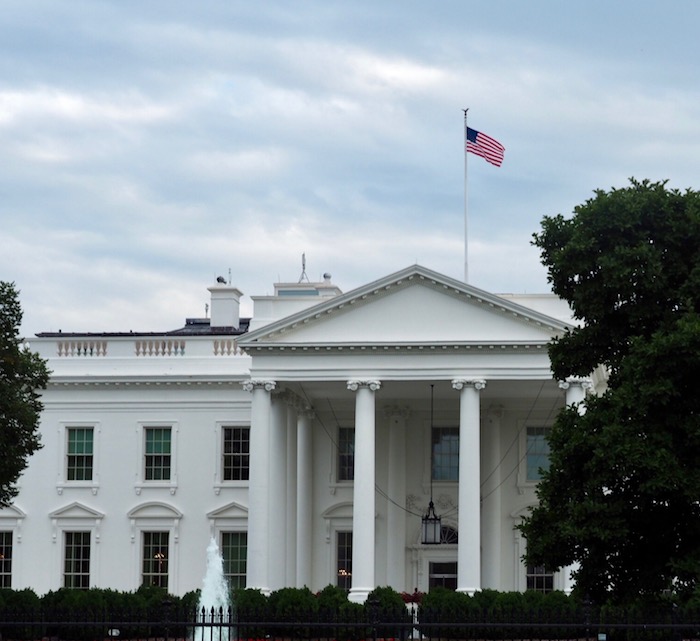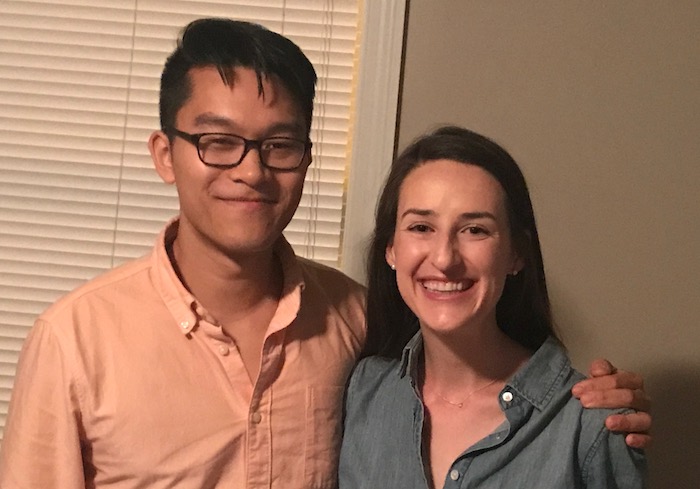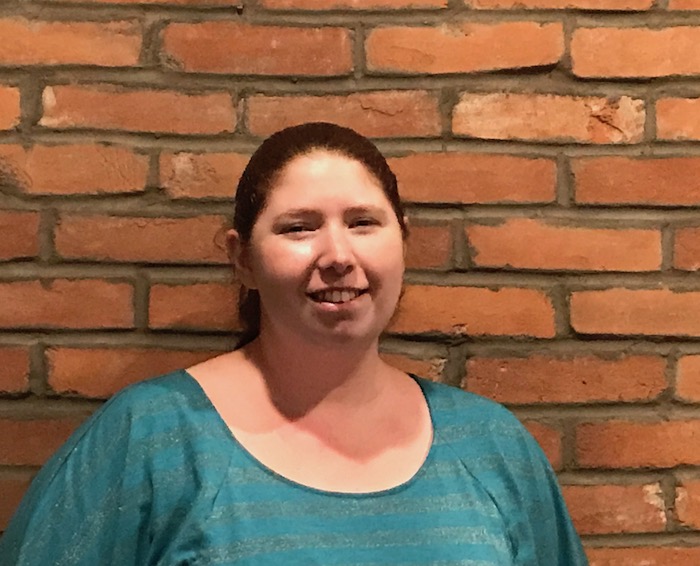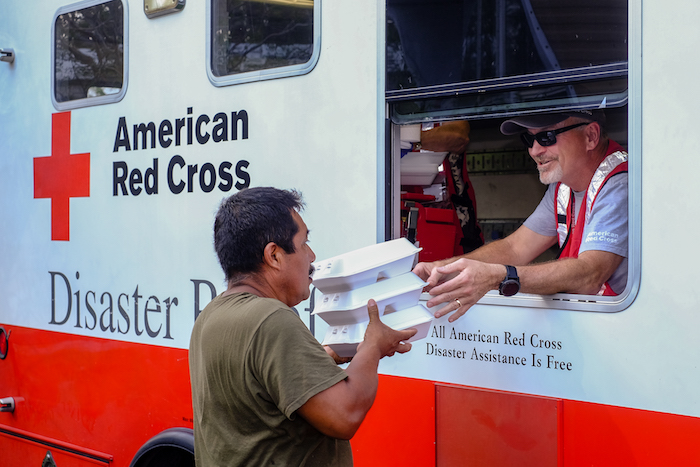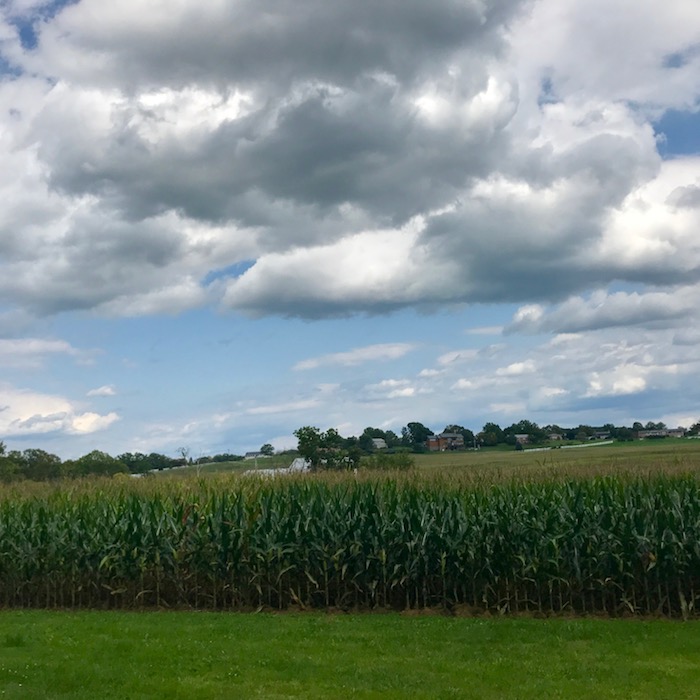Kate and James are AmeriCorps volunteers working in Pittsburgh. They expressed cynicism about our country, where it is, and where it’s going. Their thoughtful critiques gave me a lot to think about.
On why they aren’t great citizens:
James: My definition of what a good citizen is constantly changing. I think that I’m a good enough citizen, but I have room to improve. I think being a citizen has certain responsibilities. Being educated on things we care about is one of those, and I’ve done a reasonable enough job educating myself on heath care, inequality, inequity, and education. That’s why I am a good enough citizen. I could improve by acting on that knowledge. I vote, I talk to my friends. But I don’t break out of my circle. I don’t talk to people who are different than I am or have different opinions than I do as much I think a really good citizen should.
Kate: I have a very simple definition. Are you a good person? Do you respect those around you, even if and when they disagree? And I also think (being a good citizens requires you) to educate yourself on issues so that when you have debates with people who disagree you can engage thoughtfully. I often am respectful, and I’m informed about a lot of topics. I also serve those most in need (through AmeriCorps). But, I’m also not a great citizen, either. I kind of want to run away from the problems our country is facing. I know a great citizen would look at all the problems we have and ask, “Okay, what can we do to be united? To make our country better? Part of me wants to runaway to Denmark, though, and just live in their socialist, collective society. But this year, by serving in AmeriCorps, I am getting better.
James also thinks his cynicism holds him back:
I am very cynical, about America and the American dream. I’m idealistic in some ways, because I do think there are good and important reasons for why we should do things like AmeriCorps, and the same with taking on debt for medical school. But I’m cynical about where we are today, and how we got here. Skepticism and questioning are a critical part of being a citizen, but I think I’m a bit too cynical.
On the source of his cynicism:
I look at Citizens United, and private donors funneling millions of dollars to bypass the individual limit of donations. The ability of PACs to do what and give to whom they want worries me. I look at the impact of lobbyists and their ability to do what they want. I then see the result, which is policies that the PACs and lobbyists want. It’s very demoralizing. Everyone’s vote counts, but some people’s vote counts more than others.
Kate hopes that they’ll be able to be better citizens as they get older:
I think we’re in a place of privilege as citizens, but it can be hard to do something with it now. I think we can use that to help transform the system once we become doctors, by helping improve how we educate doctors and how we are selecting them. In the future, we want to get into local politics, and try to help with issues such as health. We’re working to get there later so that we can help.
She also knows someone who is the exact type of citizen she wants to be:
A mentor of mine, Jess, who went to undergrad with me. When she was in college, she was sexually assaulted. She turned that pain and struggle into action. She’s working on the Hill in D.C. to try to end rape on campus. She’s working with college presidents and leaders from across the country to engage with this initiative and inform students about the different issues relating to sexual assault on college campuses. Jess is making real change. That to me is an amazing woman I want to be like, and an amazing citizen. She took a major, prevalent issue that is overshadowed by a lot of things, and she’s acting to help address it.
On their respective keys to good citizenship:
Kate: Every citizen should do a year of service. I think that would be very beneficial. We’ve only been in this AmeriCorps position only two weeks, and I feel like I’ve already grown a ton. I’ve seen a side of America I’ve never seen before. Having traveled the world and been sheltered in a bubble, I never realized the disparities that exist elsewhere also exist here. I overlooked that because it’s the United States. Most people would benefit from that exposure.
James: Humility. Being humble in knowing that you might not have all the answers and that other people might have some legitimacy to their viewpoints and life experiences. I think that sort of humility fosters a willingness to reach out and branch out. You can’t just have the information and act on it; you also need to be humble about where you get that information from. Everyone has to be able to say, “Maybe this source (whether a friend or media) doesn’t know everything, and I should talk to other people or read other things.”
Their thoughts on citizenship and the political divide:
Kate: I feel like I have to say yes, because my grandparents voted for the opposite candidate that I did. And I think they’re great citizens. When we talk about the main criteria, they’re respectful and well-informed, and they often can and do act on that. They just have a different perspective than I do. And even most people who voted differently than I did would probably say I’m a good citizen, mainly because of my commitment to service. But I still fear that they would judge my political leanings.
James: I think that people who vote differently than I do would say I’m a good citizen, too, because of my doing AmeriCorps and my commitment to becoming a physician. But they might think my views on health care aren’t those of a good citizen.
I admire people who voted differently than I did for their organization, their passion, their willingness to act on information. But where I start to question whether Trump voters are as good of citizens as they could be is when I think about their humility. I think there was a lack of willingness to question what their candidate said and where their and his information came from. I do think that, in general, Trump voters prioritized the experience of white, blue-collar man over everyone else’s, which, by definition, isn’t humble.
They both are skeptical about the values they see as fundamentally American:
Kate: I think the average American person is individualistic. You realize that when you live abroad. We’re more focused on ourselves and our families. We’re also very capitalistic and profit-driven.
James: There’s a really big focus on work as a focus of identity and personal worth. We don’t have many things to balance work culture. In the United States, the individualism – if you work hard as an individual, reap these benefits – makes us focus on our work. Your success is because of your genius and work ethic. Your failure is because of your moral shortcomings. I just think that that’s not sustainable or good.

